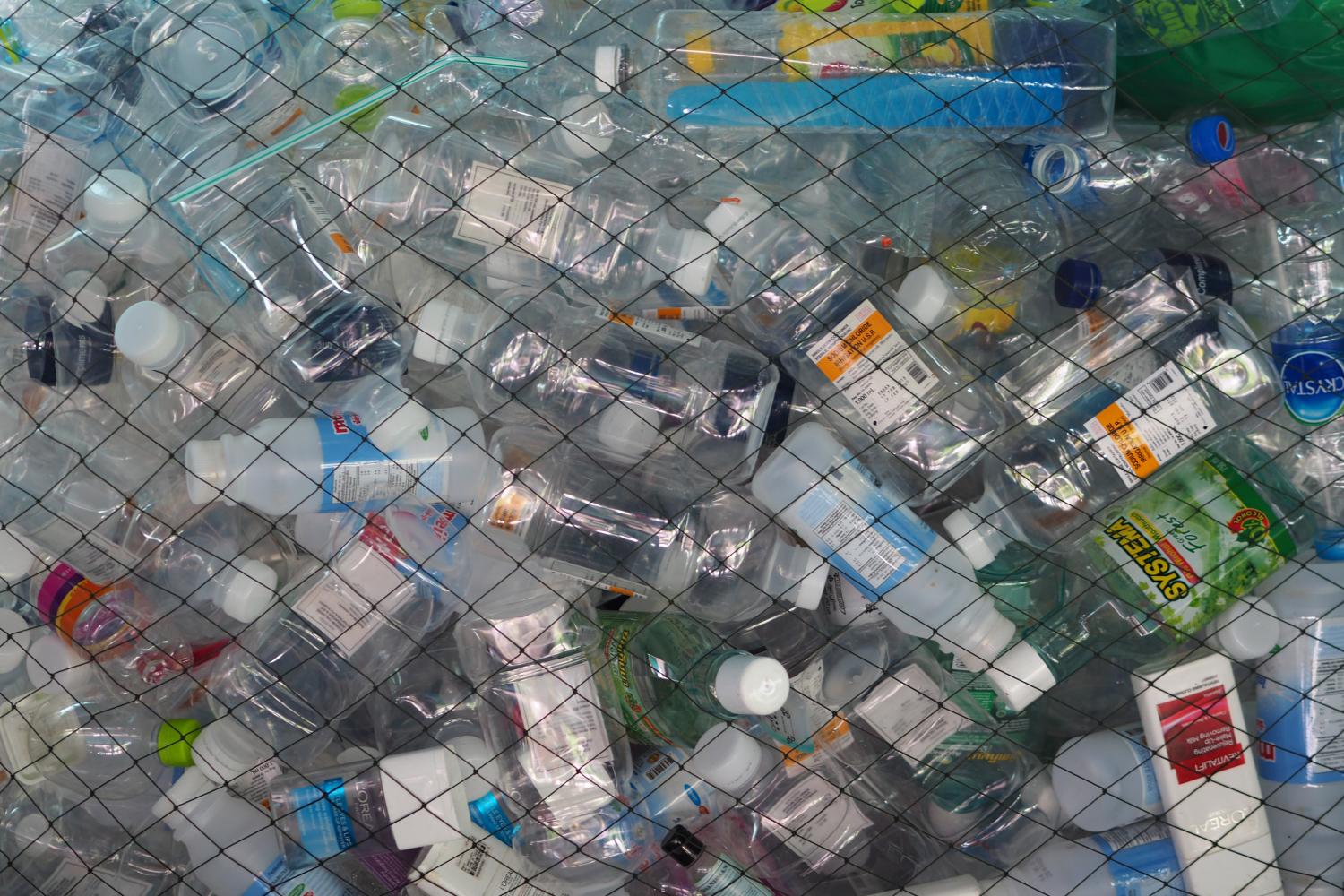
Thailand's growing bioplastic manufacturing requires innovative measures from the Industry Ministry to boost investment from foreign companies, part of efforts to make the country a bio hub of Asean within 2027.
The Thai Bioplastics Industry Association (TBIA) wants the new government to launch measures that can increase demand for bioplastics in Thailand, said TBIA president Viboon Pungprasert.
"Currently around 90% of bioplastic products are exported, with only 10% of them sold in the domestic market," he said.
"Thailand has the potential to increase production capacity if the government supports more investment," he added.
The TBIA believes companies from the US and Europe will seek new investment opportunities in Asean as manufacturers are more interested in environment-friendly products, which are promoted under the global campaign for a net-zero target, a balance between carbon dioxide emissions and absorption.
Thailand is rich in raw materials, including sugar cane and cassava, for bioplastic manufacturing.
This means bioplastic manufacturing can add value to agricultural products, helping farmers earn more revenue.
Thailand is among the world's top five largest bioplastic manufacturing countries.
Two companies from Europe are making bioplastics at their factories in Map Ta Phut in the eastern province of Rayong, with annual capacity of 750,000 tonnes and 250,000 tonnes.
SCG Chemicals Plc, a subsidiary of SCG, Thailand's largest cement maker and industrial conglomerate, announced earlier this year it has joined hands with Brazil-based Braskem, the world's largest biopolymer producer, to build a new plant in Thailand producing bio-based polyethylene, a type of eco-friendly plastic in a move to reduce carbon dioxide emissions.
The factory will be also located in Map Ta Phut, with a production capacity of 200,000 tonnes a year.
PTT Global Chemical Plc and US-based Cargill Inc also formed Natureworks, a joint venture with an aim to build a biopolymer factory in Nakhon Sawan.
According to the TBIA, more use of bioplastic products will also help Thailand better manage its plastic waste, which includes single-use plastic bags.